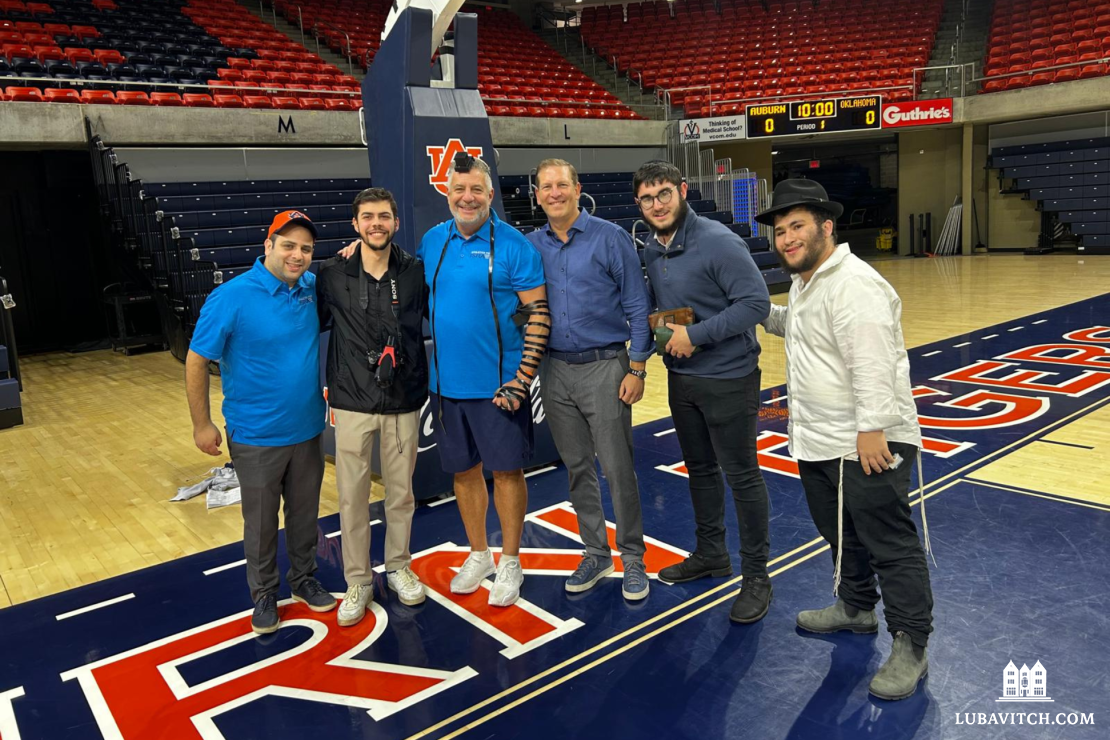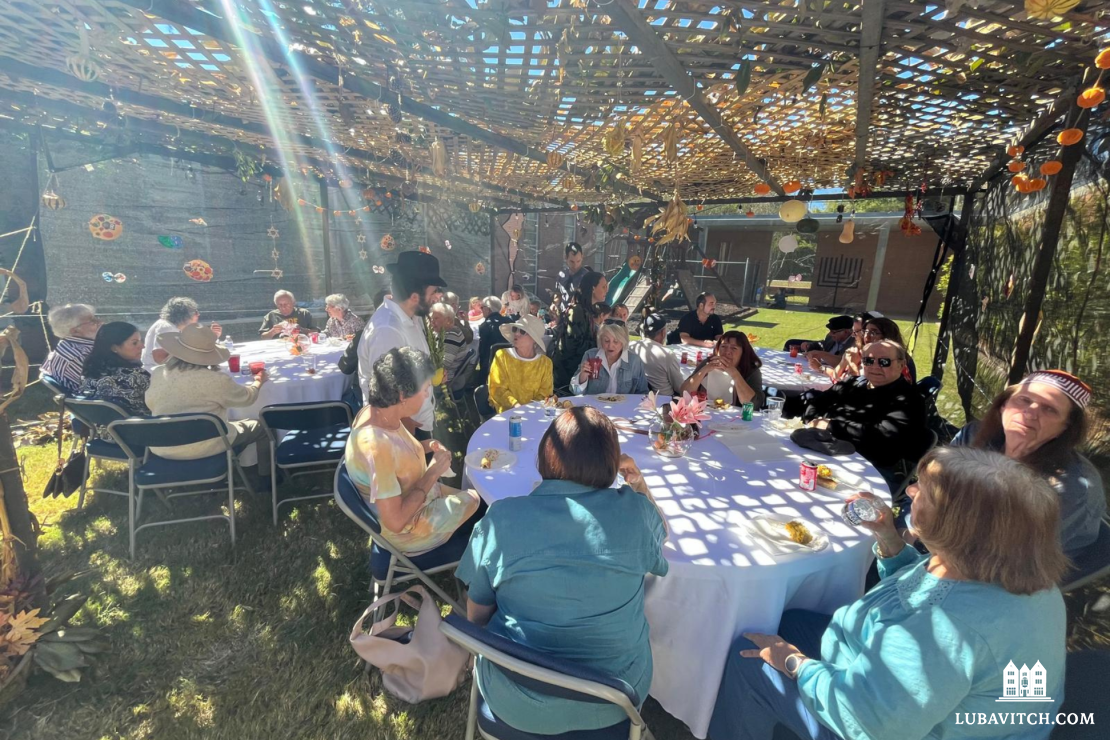Isolation, intermarriage, and evangelical activism threaten to chip away at Jewish identity in America’s Deep South. Chabad on Wheels offers a hands-on solution — bringing Judaism directly to communities and individuals across Alabama.
The state’s total Jewish population is estimated at around 9,000, mostly concentrated in the big cities of Birmingham, Huntsville, and Mobile. But Rabbi Sholom Posner, born and raised in Birmingham, estimates that hundreds of Jews live in small towns and rural areas, far from any organized community — precisely the people Chabad on Wheels is seeking to reach.
“Alabama isn’t the place you’d expect to find many Jews,” says Rabbi Posner. “I had this idea — let’s see what’s really out there. On my first trip, I started meeting people, organizing activities, and from there it really took off.” Several times a year, he journeys across the state — from Auburn to Selma, Montgomery to Dothan — offering holiday celebrations, Torah learning, Shabbat gatherings, and kosher food.
The project saw a major upgrade this year with the purchase of a bright blue Ford Transit van, instantly recognizable by the bold “Shalom Y’all!” emblazoned on its side. Outfitted for its unique mission, the van carries mezuzahs, challah, tefillin, and whatever else is needed to bring Jewish life on the road.
“With Alabama’s small, scattered communities and high rates of intermarriage, many Jews drift away entirely,” says Phil Ensler, executive director of the Jewish Federation of Central Alabama and Alabama’s only Jewish state representative. “For some, just seeing Chabad pull up with challah or Chanukah candles is deeply meaningful. It shows them they’re not forgotten.”

Lori Fadil, who lives on a farm in Abbeville, first connected with Rabbi Posner about three years ago when a friend was hospitalized in Birmingham. She reached out to the Chabad there to arrange a visit and discovered Chabad on Wheels. Soon after, she invited Rabbi Posner to meet the handful of Jews in her small town. He made the trip, helped the family put mezuzahs on their new home, and has since returned for Chanukah and Purim. “He’s brought Jewish life to a place that rarely sees it,” she says.
In rural Alabama, disconnection leaves many vulnerable to aggressive proselytizing. Fadil has seen it firsthand. “Jews have been drawn into Christian groups that adopt Jewish symbols and language,” she explains. “Unfortunately, many have been converted to what’s basically Christianity in a kippah. That’s where Chabad on Wheels comes in — helping Jews resist those pressures by showing them the beauty and warmth of their own heritage.”
In cities like Dothan, Chabad on Wheels has created new opportunities for Jewish connection. “When Rabbi Posner came, we had a public menorah lighting in our neighborhood park — it was beautiful,” says Daryl Schapiro. Many in the area’s small Jewish community, he says, have grown distant from traditional practice. “Judaism has become more of a social activity than a real connection to Hashem. But when people experience the beauty of Shabbat and mitzvot, they’re drawn in. Chabad on Wheels is planting those seeds.”
In some areas, Chabad on Wheels partners with synagogues for holiday programs. In others, it’s the only consistent Jewish presence. “That responsibility — being the only Jewish resource for some — drives everything we do,” says Rabbi Posner.
Looking ahead, he hopes to grow the program with more frequent visits, expanded online Torah learning, and a growing network across the state. “With the closest synagogue hours away for many, there’s a real hunger to reconnect,” says Fadil. “Chabad on Wheels brings that connection closer to home.”


emz
Nice job visiting Auburn, they need more Chabad presence on campus.
Lisa
The Ray of Light on the Sukkot is beautiful.